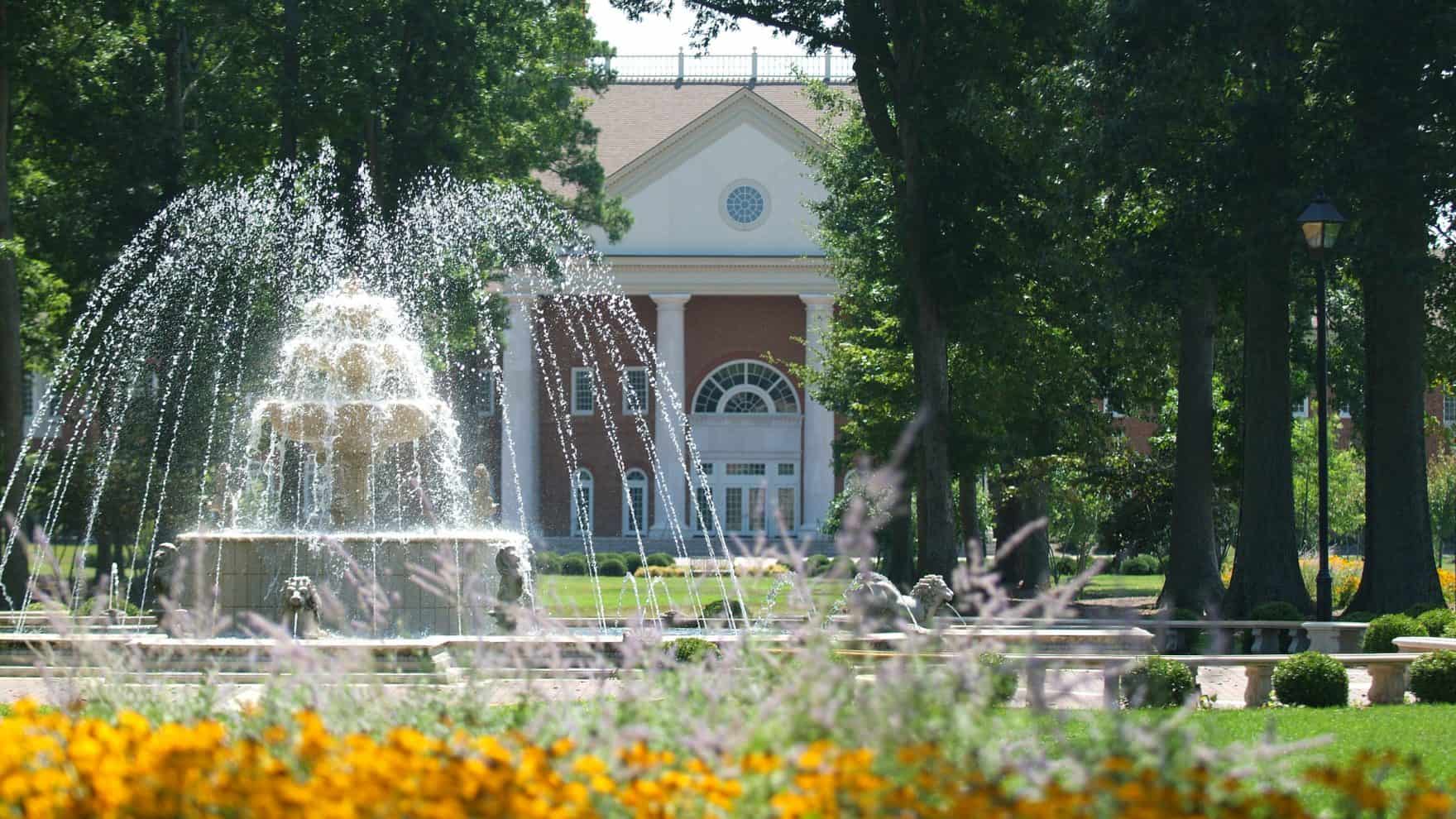
Ed.D. Dissertation: Examining the Relationship Between Cultural Awareness and Multicultural Self-Efficacy in Community College Instructors
Examining the Relationship Between Cultural Awareness and Multicultural Self-Efficacy in Community College Instructors
Maria L. Lawson-Davenport
Abstract
Community college instructors face a growing diversity in their classrooms today. In order to effectively reach all their students, community college instructors must practice culturally relevant teaching and attain cultural proficiency. Cultural awareness and multicultural selfefficacy are constructs that can assist community college instructors in reaching these goals. This study utilized the Cultural Awareness Inventory and the Multicultural Efficacy Scale to determine correlations among cultural awareness and multicultural experience, efficacy, and attitude. This study analyzed the correlation between cultural awareness and multicultural selfefficacy in full-time community college instructors at Tidewater Community College in Virginia. The results of a Pearson product moment correlation indicated that there was a positive correlation between cultural awareness and multicultural self-efficacy. Additionally, this study examined if cultural awareness was a predictor of a community college instructor’s multicultural self-efficacy. The results of a bivariate linear regression indicated that cultural awareness predicted multicultural self-efficacy. It also examined the influence of the demographic variables of age, gender, years of teaching experience, discipline taught, educational level, cultural awareness, and multicultural self-efficacy in community college instructors. The results of a one-way analysis of variance of the five demographic variables found that educational level was the only statistically significant variable. Based on the results of this research, professional development at the community college level can be designed to improve the cultural awareness and multicultural self-efficacy of instructors.

